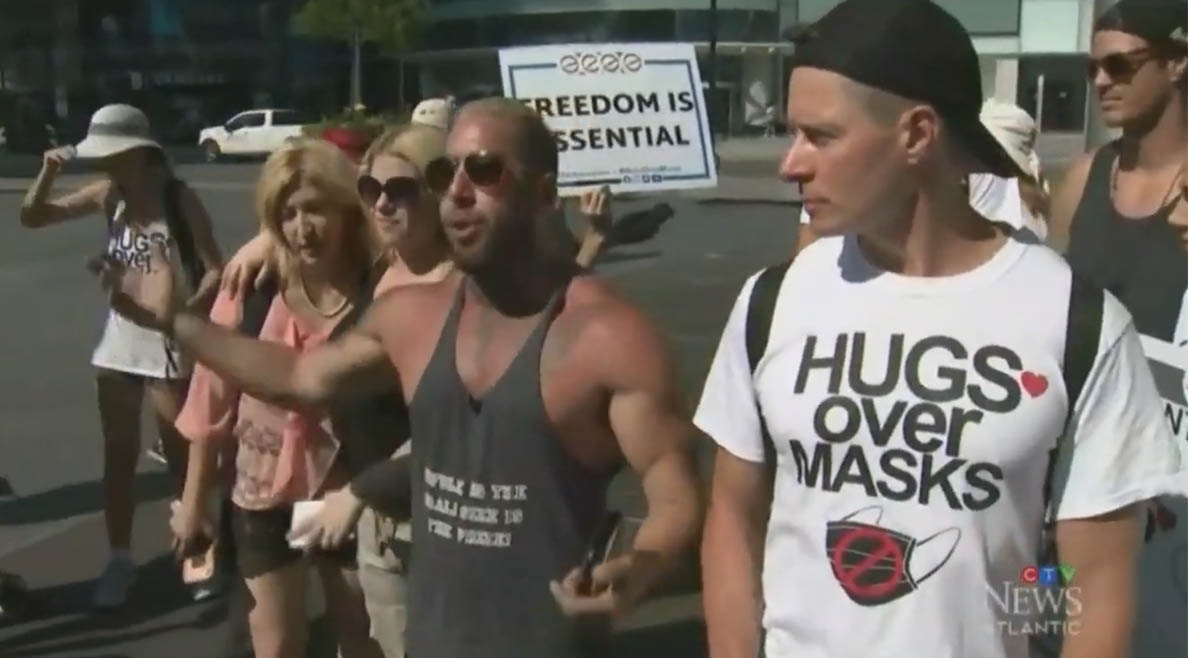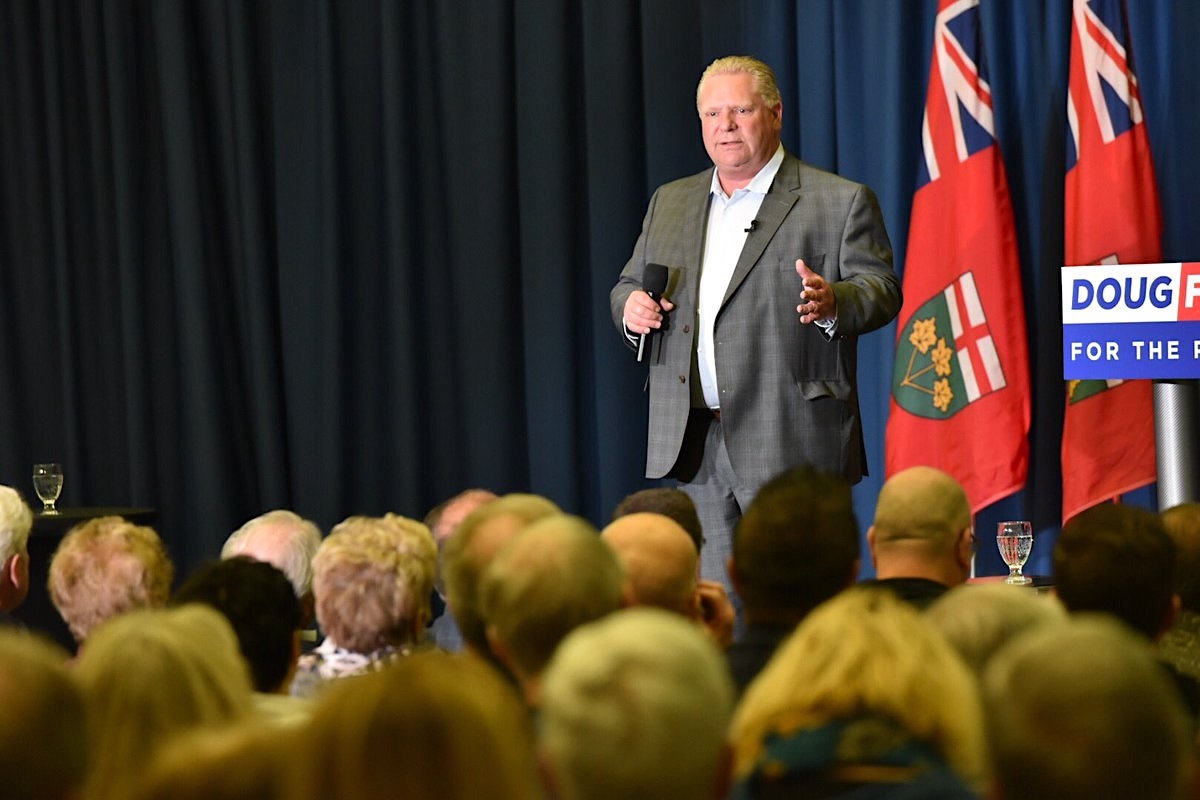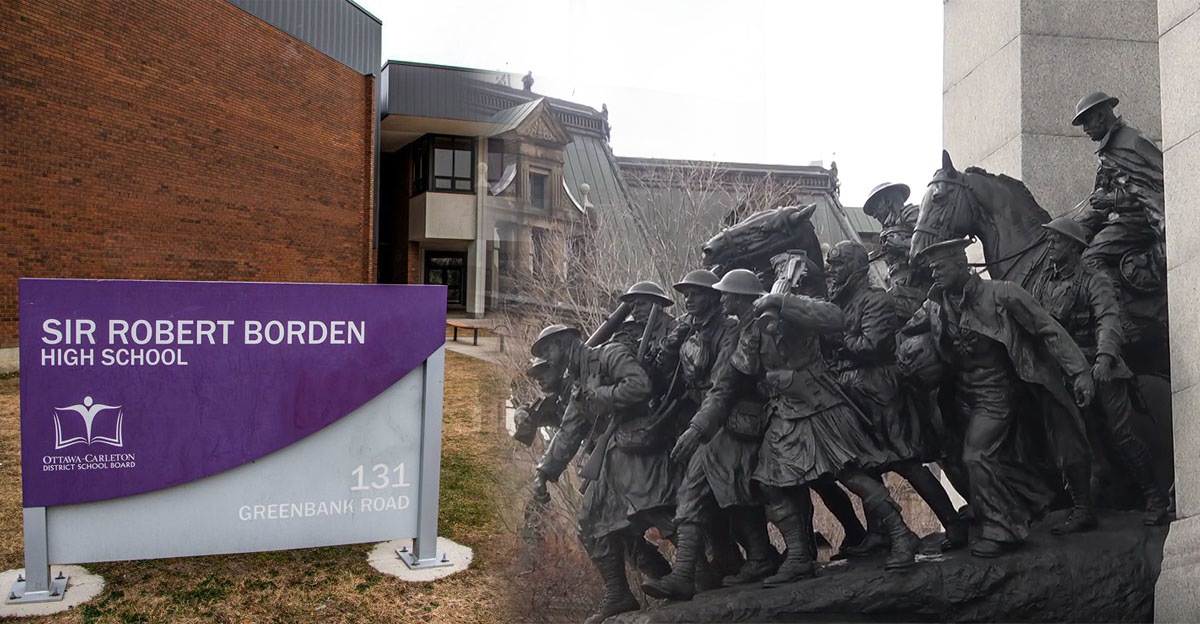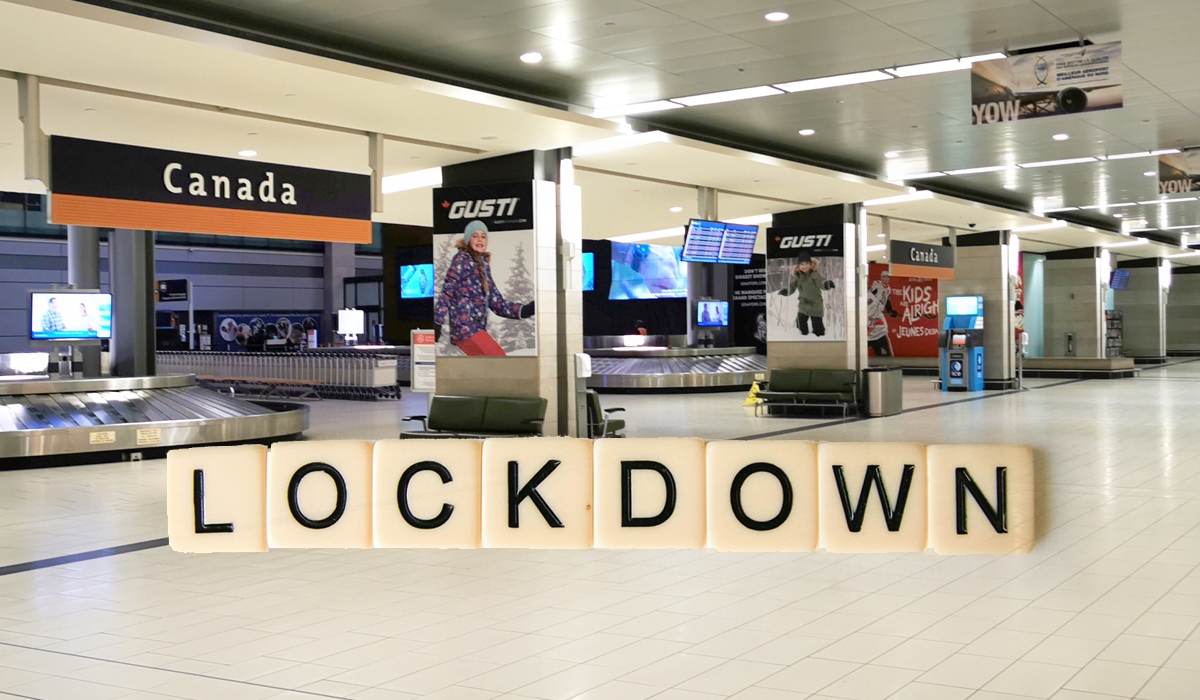
Charisma has failed us — and winter is coming
“The problem with socialism is that you eventually run out of other people's money.” ― Margaret Thatcher
The next prime minister of Canada will be the most hated person in the country for years to come. Whether Liberal,Conservative on NDP, he or she will have to deal with the financial mess created after five years of reckless spending.
Some will use the coronavirus economic largesse as a scapegoat to justify the entire financial mess, but the root of the problem is deeper and reaches back to 2015, when the present Trudeau government took control of Canada's finances.
I purposely say ‘Trudeau’ and not ‘Liberal’ government, because many prime ministers of all political stripes have been forced to resort to deficits to help the country get through difficult times. However, Canada's journey into deep structural debt is the result of an irresponsible economic approach that predates the current coronavirus calamity.
The recession of the early nineties forced the Conservative government of Brian Mulroney to 'go red' to help the country cope with the consequences. Then the 2008 global financial crisis pushed Stephen Harper’s government to resort to temporary deficits to keep the economy moving, and to assist Ontario Liberal Premier Dalton McGuinty to bail out the auto industry which was a key driver in the national economy.
The Chretien-Martin liberal government took decisive measures to deal with the significant deficit and debt created during the early ’90s recession by making deep cuts combined with policies that improved economic prosperity and the smart use of the increased revenue from the GST that was brought in by the Mulroney government in the late 1980's. To get the country's finances in order the liberals had to cut transfer payments to the provinces for health and education, but it worked.
Stephen Harper resorted to temporary deficits in 2008 but in doing so he had a plan for the years that followed to reverse the flow and get back in the black. His last budget, in 2015, was basically balanced and he had a plan to further slash the national debt, taking advantage of the expected years of economic prosperity. The Trudeau Liberals inherited a sound fiscal framework and had four years of prosperity, but instead of paying down the national debt during this time, they went on a mass spending spree.The deficit increased and the national debt skyrocketed.
In 2015 Canada's national debt was $612.34 billion, the economy was healthy and revenue was flowing into the national coffers. It was a similar situation in the mid-1990's-to-2004 period when the national fiscal framework was in good order. Canada had one of the world's strongest economies and its national finances were in exceptional shape. Increasing the national debt and deficit were contrary to the promise Trudeau made during the 2015 campaign that the budget would be balanced by 2019. Trudeau's government has tried to justify the journey into debt and spending by claiming that the debt/GDP ratio has improved. This ratio provides an indication to investors about the capacity of the governments to sustain a debt. It ignores the reality that the deficit has not been removed and that the national debt was massively increased at a time when it should have been paid down. And soon, Canadians will have to foot the bill.
The numbers tell us the story. During years of economic prosperity from 2015-2019, the Trudeau government increased the national debt by $73 billion.In 2015 it went from $612.34 billion to $634.22, the year after (+22.1 billion), in 2017 it was 651.54 (+17.1billion), in 2018 to $671.30 (+19.76 billion) and in 2019 it went up to $685.45 (+14.15 billion).
Then came the coronavirus calamity. The national debt is now up to $762 billion and we are only in June! In total, the Trudeau government has increased the national debt by $150 billion (from $612 billion) in just five years . . . or at a rate of $30 billion a year!
To put these numbers in a context, the federal government is now paying between $25 and $30 billion annually just to service the interest on debt. This is more money than Ottawa pays for the child benefit program ($22 billion), defence ($22 billion) or even Indigenous affairs ($15 billion). And this at a time when interest rates on debt are at historic lows. Even a minimum rise in the interest rate could be crippling to the country's finances and will severely restrict any future government's ability to manage the economy.
With Canada's finances in such a state of decline, it will be difficult to attract investments that are key for economic growth and job creation. This, combined with the loss of billions of dollars of revenue due to the impact of Trudeau government policies that have contributed to effectively shutting down Canada's energy sector mean there are very tough days ahead. For decades revenue from Canada's energy sector contributed billions of dollars to federal and provincial coffers to pay for health care,education and many other programs. Oil is not currently in high demand because of the global economic difficulties and this, combined with Prime Minister Trudeau's anti-energy policies have carelessly suffocated Canada's once thriving world-class energy economy.
Our finances are not worse off than many other countries. However,the prosperity of Canada has never been based on the weakness of other economies, but on the strengths of our own financial foundation.
To create thousands of jobs, Canada requires huge investments and this money cannot come from the government. Canada has spent all its money and it has no rainy day savings as a back up. To attract investments, Canada must put its finances in order. This means that the next prime minister must increase taxes or cut services, or both.
During the last election, Canadians voted for charisma over competence. This time we should reverse our preferences. The next prime minister must be fiscally responsible, competent and, most importantly, credible to domestic and international partners and investors. The Liberals would do well to start thinking now about a post-Trudeau leader. The Conservatives are in the middle of a leadership convention, and in recent days some of them have even mused about a possible return of Stephen Harper. I believe he is not interested and technically it would be too late anyway. One thing is for sure, after all the free-wheeling spending and debt by the Trudeau government, Canada will require a leader who knows that 'winter is coming'.









